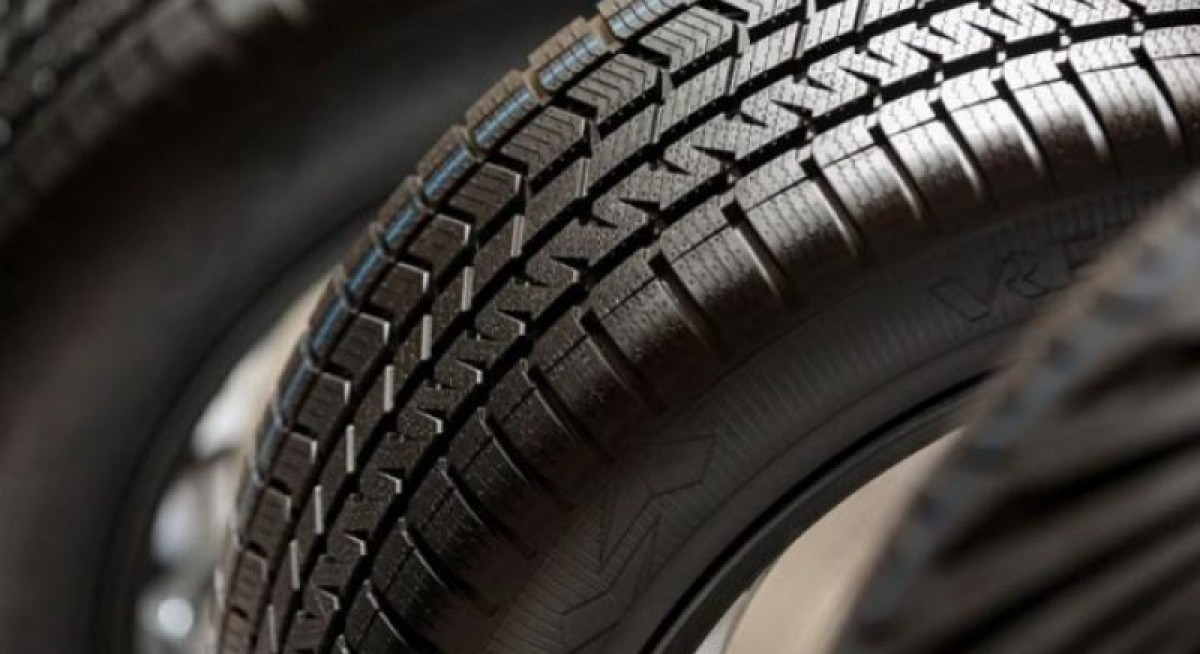“The revenue decline reflects softer ASPs amid heightened industry competition. Sales volumes remained resilient at 163,999 tonnes (+3% y-o-y), underscoring stable demand despite pricing pressure,” the team adds.
Mo and Cheong, in their report dated Nov 21, note that China Sunsine’s management introduced a formal dividend policy committing to a minimum 40% payout of core net profit for FY2025 and FY2026, paid semi-annually.
“This exceeds the group’s historical high payout of 36% in FY2024, signalling management’s strengthened confidence in earnings visibility. This is supported by its strong net cash position of RMB2.2 billion (approximately $410 million or 43 cents per share ) as at June 30,” write Mo and Cheong.
The team also highlighted that end-markets remain supportive, with China’s auto sales rising 13% y-o-y and new energy vehicle sales surging 35% y-o-y in 9MFY2025. Tyre production also grew modestly (+2% y-o-y).
See also: PhillipCapital, UOB Kay Hian raise respective target prices for BRC Asia following 1QFY2026 earnings
“As China Sunsine supplies over 75% of the world’s top 75 tyre makers, this provides a solid foundation for firm demand across accelerators, insoluble sulphur and anti-oxidants,” Mo and Cheong add.
Both Mo and Cheong are positive on the company’s expansion programme as it remains on schedule, with key projects set to commence trial runs between end of 2025 and early 2026. Upon completion, total annual capacity will rise to 272,000 tonnes in 2026, supporting volume growth and enhancing operational efficiency.
However, the team points out that pricing pressure still persists, but could see potential stabilisation ahead. “The 14% y-o-y ASP decline mirrored industry-wide softness, driven by lower raw material prices and aggressive pricing among domestic producers,” the team says.
See also: Citi ups target prices on all three banks; prefers Singapore banks over SGX for EQDP play
Management continues to adopt a flexible pricing strategy to defend volumes and maintain sales-production equilibrium. With tyre plant utilisation improving and raw material volatility easing, ASPs are nearing a cyclical floor, supporting a more stable margin outlook for 2026-27.
Therefore, both Mo and Cheong are maintaining a “buy” call with a 27% higher target price of 95 cents, up from 75 cents, after ascribing a higher valuation multiple of 11 times FY2026 earnings (+2 standard deviation to mean P/E ratio), up from 9 times previously.
The higher target price reflects China Sunsine’s strong balance sheet, improved dividend under the new 40% payout policy, and benefits from the upcoming capacity expansion.
“In our view, these warrant a re-rating toward the upper end of its historical trading range. At the current price, the stock trades at an attractive 5 times FY2026 ex-cash P/E ratio while offering a decent 4% FY2026 yield,” conclude Mo and Cheong.
As at 3.20 pm, shares in China Sunsine Chemical are trading 3 cents lower or 3.77% down at 76.5 cents.




